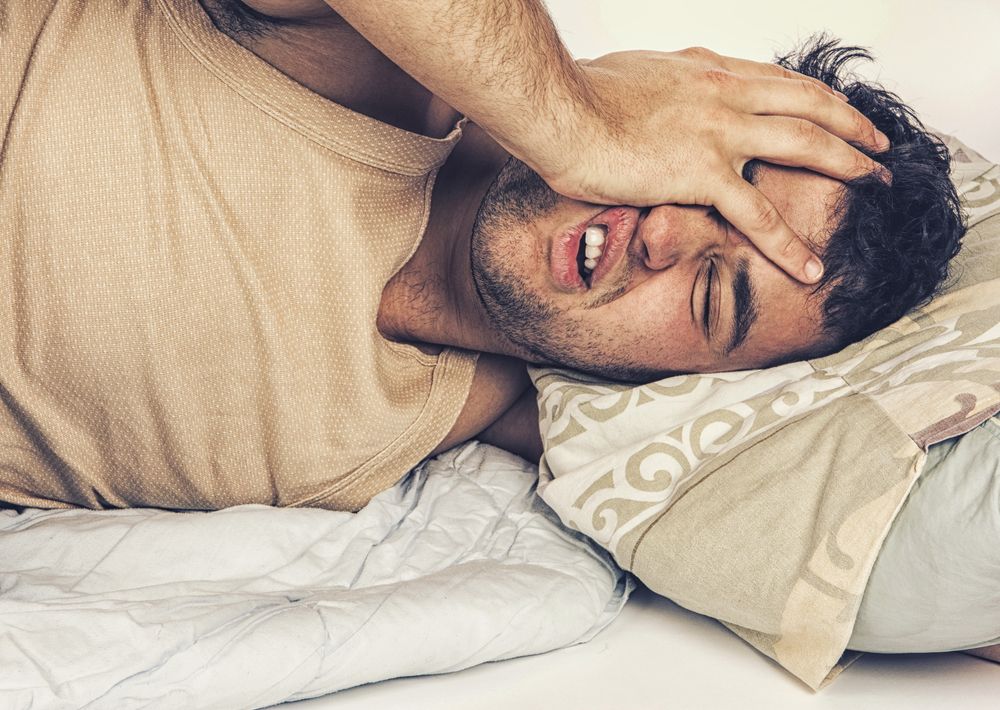
Women, Hispanic individuals, and people with a body mass index above 30 kg/m2 are more likely to have an increase in insulin when they have severe snoring.
Insulin levels increased in people who snored severely, especially women, Hispanic individuals, and those with a body mass index (BMI) above 30 kg/m2, according to a study published in Sleep and Breathing. This result reinforces how snoring can affect the metabolic balance of people who do not get adequate length or quality of sleep.
Data from this study were taken from the National Health and Nutrition Examination Survey from 2015 to 2018, and 4620 participants were included in this analysis.
All participants answered the question “How often do you snore?” with answers of never, 1-2 nights a week, 3-4 nights a week, and 5 or more nights a week on a scale of 0 to 3. Serum insulin concentration was measured with a 2-site immunoenzymometric assay. Variables included gender, race, education level, physical activities frequency, diabetes, taking insulin, daytime sleepiness frequency, and hypertension among others.
All baseline characteristics between the frequency of snoring were significant except for vitamin A, vitamin C, and zinc. Participants were more likely to have high frequency of snoring if they were 41 years and older, had a higher BMI, and had a higher education level.
Overall, after adjusting for BMI, age, gender, education, race, and other symptoms of obstructive sleep apnea, the model found that insulin levels of participants who snored 5 or more nights in a week had a strong correlation with snoring (β, 2.27; 95% CI, 0.91-3.62). The fully adjusted model found a similar result (β, 1.77; 95% CI, 0.42-3.13). Mean insulin levels increased as frequency of snoring increased.
Correlations with insulin level and snoring 5 or more nights a week were also seen in women (β, 1.83; 95% CI, 0.05-3.62), Hispanic individuals (β, 3.28; 95% CI, 0.05-6.51), and persons who had a BMI above 30 kg/m2 (β, 3.77; 95% CI, 0.52-7.03).
There were some limitations to this study. All participants were older than 16 years, and the results cannot apply to those below that age; hemoglobin A1C of the participants was not analyzed, which means that a related metabolic disorder could decrease accuracy of the overall results; and the influence of obstructive sleep apnea on the results was not completely eliminated after adjustment.
The researchers concluded that snoring could be correlated to insulin increases in patients who snore for 5 or more days each week. Women, Hispanic patients, and those with a BMI greater than 30 kg/m2 were the most likely to have this correlation.
Reference
Wang K, Hu X, Li Z, Smolinksi M, Xiao W, He J. Association between snoring and insulin levels in the US population: a cross-sectional study. Sleep Breath. Published online September 22, 2022. doi:10.1007/s11325-022-02709-9
"severe" - Google News
October 04, 2022 at 09:24PM
https://ift.tt/UYTm8bl
Severe Snoring Implicated in Insulin Secretion Increase - AJMC.com Managed Markets Network
"severe" - Google News
https://ift.tt/ZN91qox
Shoes Man Tutorial
Pos News Update
Meme Update
Korean Entertainment News
Japan News Update
Bagikan Berita Ini















0 Response to "Severe Snoring Implicated in Insulin Secretion Increase - AJMC.com Managed Markets Network"
Post a Comment